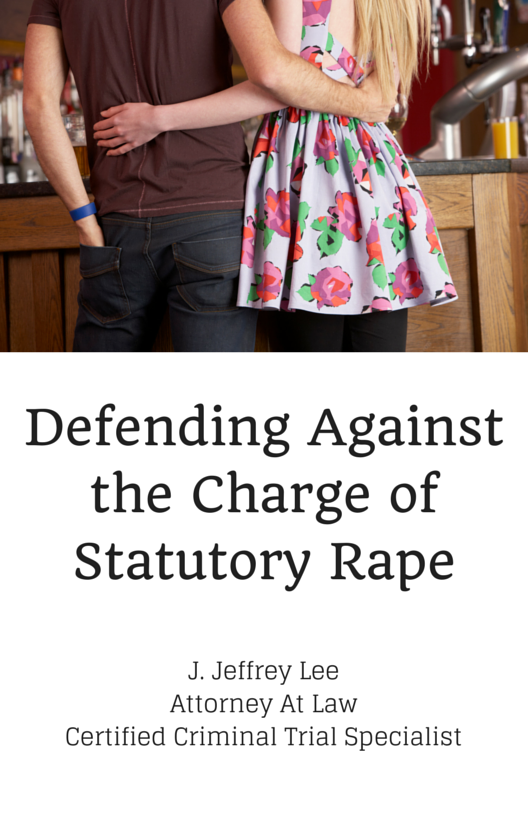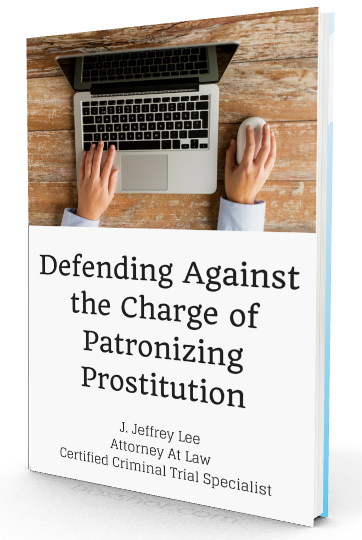I’m pleased to offer this new free consumer guide called Defending Against the Charge of Sexual Battery. There are actually three different variations on Sexual Battery, based on the scope of the sexual contact and the relationship between the defendant and the alleged victim. Many people confuse these three offenses because they all stem from an allegation of unlawful sexual contact based on force or coercion and without consent; however, the sentencing on the three sexual battery offenses varies widely.
In this free consumer guide, you will learn what defenses are available (and which aren’t), the range of punishment for conviction (including whether it is eligible for judicial diversion, whether it places you on the Sex Offender Registry, whether your personal assets can be seized upon conviction, and much more.
Here is an excerpt:
The first thing you need to understand about the offense of sexual battery is that the offense is all about “unlawful sexual contact” that is less than sexual penetration (otherwise, the offense would be rape). So if you’re charged with sexual battery and then you blurt out to the police that you and the alleged victim ‘never even had sex,’ then you’re missing the point – no one is saying that you did.
Unlawful sexual contact is further defined under Tenn. Code Ann. § 39-13-501 as “the intentional touching of the victim’s, the defendant’s, or any other person’s intimate parts, or the intentional touching of the clothing covering the immediate area of the victim’s, the defendant’s, or any other person’s intimate parts, if that intentional touching can be reasonably construed as being for the purpose of sexual arousal or gratification.”
Notice in the definition above that sexual contact can occur because the defendant touched the alleged victim’s private parts, or because the defendant forced the alleged victim to touch the defendant’s private parts. Also, notice that no one ever has to be naked – the touching can occur through the clothing.
The second thing you need to know about this offense is that “force or coercion” must be used to accomplish the act. This could be as simple as groping a woman’s breast at a bar, so don’t think that all that much is actually required with this element – the point is that the alleged victim did not consent to the behavior.
We all know what force is, but coercion is more complicated and varied – in a case for rape and sexual battery, a defendant threatened to publicly expose the victim as a homosexual unless he cooperated, and the jury found that this sexual offense was accomplished through the use of coercion. State v. McKnight, 900 S.W.2d 36 (Tenn. 1994).
The third (and most interesting thing) you need about sexual battery is that it can also be accomplished by fraud. Tenn. Code Ann. § 39-13-505.
Sexually battery by fraud is controversial and not allowed in some states because it opens defendants up to scenarios that many would consider mere ‘pillow talk.’ However, in Tennessee, prosecution under these facts is permitted.
Imagine that you told a person that you were single, or did not have an STD, or were a casting agent in Hollywood (and I’m being a bit ridiculous here, but you get the point). If the alleged victim consented to you touching him or her at the time based on the fraud that you perpetrated, and that person would never have consented to the sexual contact if he or she knew the truth about what you lied about, then that person did not really have a knowing consent, because you misled them in order to get their consent under false pretenses.
Click on the image to download








